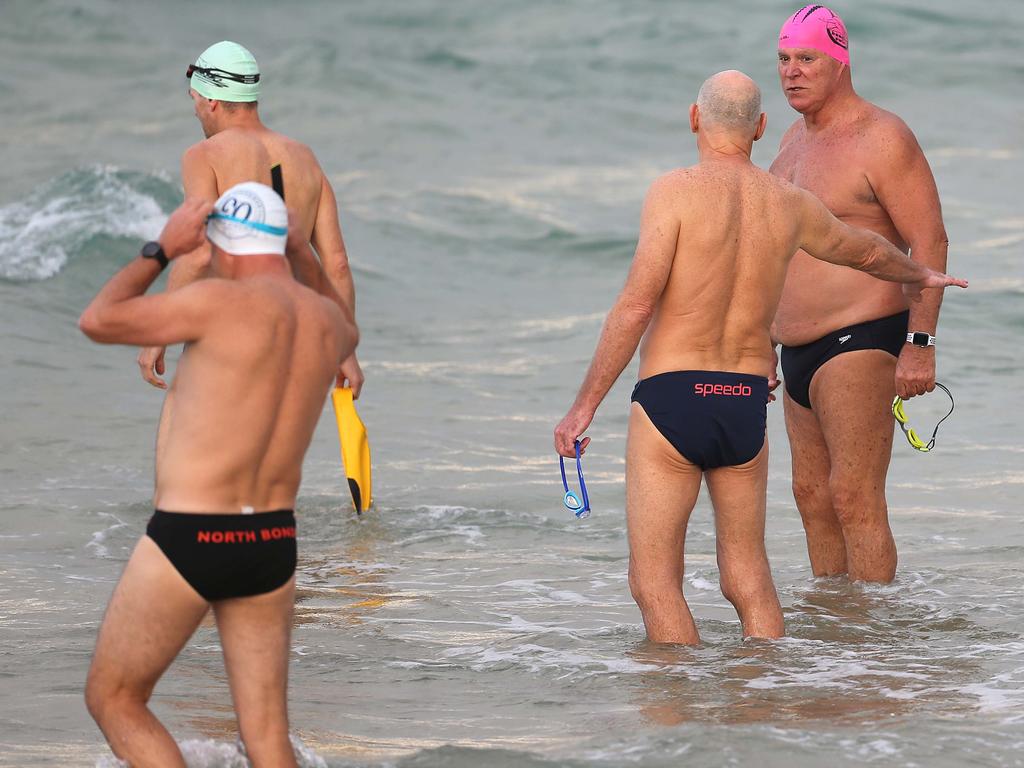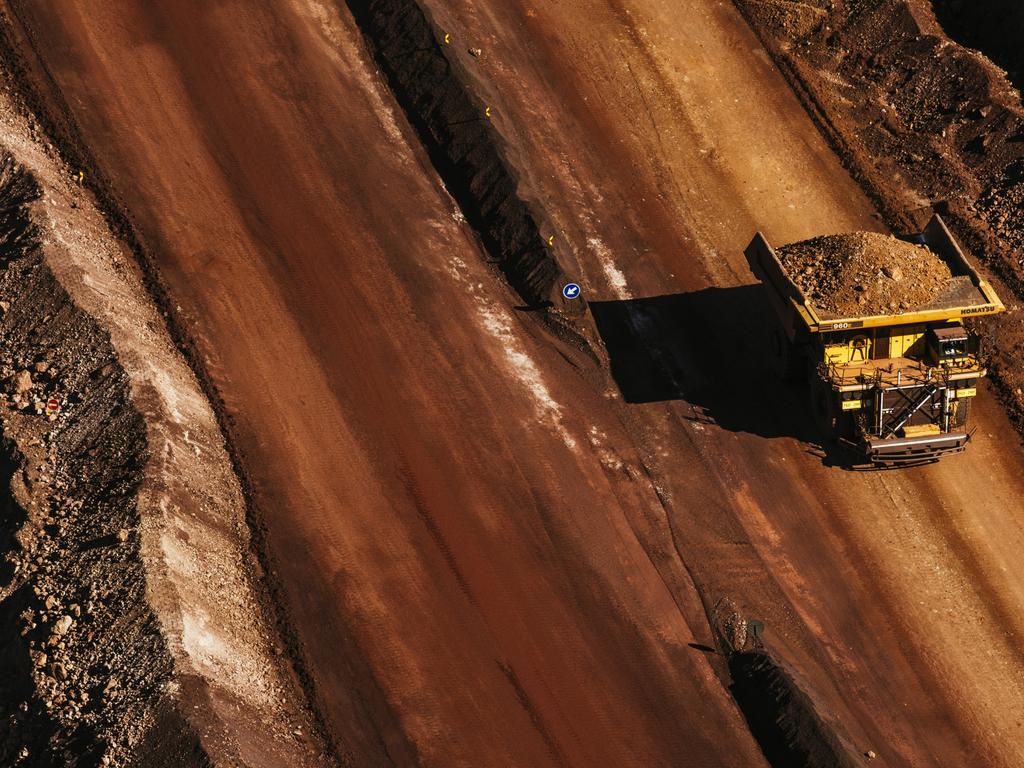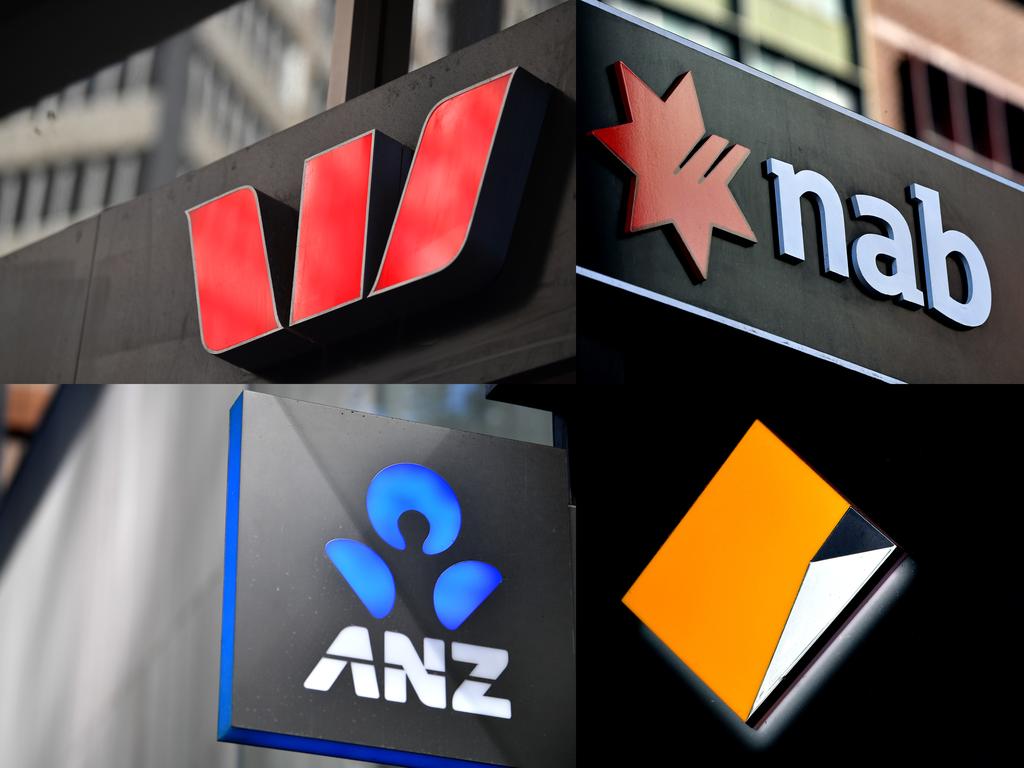Sage of Omaha Warren Buffett doesn’t have the answers


And it wasn’t optimistic.
Despite the rah rah about never betting against America (a standard Buffett line that can be heard at almost every annual meeting), it was clear that the 89-year-old billionaire was painfully aware that he and everyone else simply do not know what is going to happen with the unprecedented coronavirus pandemic that is sweeping the world.
After an excruciatingly long, rambling introduction of almost two hours, where the master salesman went from the Louisiana Purchase of 1803 to the US Civil War of 1861 to 1865 to the stockmarket crash of 1929 and the fact that it took until 1951 to get back to its highs, Buffett’s way of talking up the strengths of America, his real thoughts were more evident in the subsequent question and answer period where he was (thankfully for Berkshire Hathaway shareholders) much sharper.
One of his potential heir apparents, Greg Abel, who was seated on the stage with him in Omaha, declared optimistically: “Our businesses are in very sound shape as we go through this pandemic and are really preparing to emerge now. We’re literally moving from the point of ‘OK we’re making it through the crisis’ and really planning to emerge now. Our businesses are in an extremely sound place.”

But Buffett came back a little sharply, effectively challenging Abel’s optimistic scenario that America, which has seen 1.18 million confirmed COVID-19 cases and more than 68,000 deaths (compared to less than 100 in Australia) — was now about to emerge from the pandemic.
“We don’t know,” Buffett said bluntly.
“We don’t know how long this period lasts. Nobody knows.”
As he pointed out, the issue is not one of an economic up and down, a boom and bust from which the economy gradually emerges after some suitable restructuring.
The current crisis is dependent on exactly what the virus will do in America and every other country in the world.
There is no guarantee at all that the US, with its states now opening up for business, is emerging from the crisis.
The warmer months of the northern hemisphere could mean the impact of the virus wanes, as it did with the SARS crisis of 2003.
But this virus has confounded the experts.
As Buffett pointed out, it could re-emerge later in the year in the northern winter.
“I just think you’re dealing with a huge unknown,” he said. “The degree to which it’s disturbed the world and changed habits and endangered businesses in the last couple of months indicated you better not be too sure of yourself about what it’ll do in the next six months or a year or whatever.”
The US economy is traditionally resilient, quick to adjust to changes and economic ups and downs.
But it is also a very open economy of 320 million people with porous internal borders and a population that is bristling under lockdowns, with Democrat states taking a stricter approach — challenged by gun-toting protesters — and Republican states wanting to reopen for business.
While New York has been ground zero for the pandemic — with almost 20,000 deaths in the state alone — the virus is already emerging in spots across the country, such as meat-processing plants in the Midwest (and now in Australia as well).
Buffett’s frank admission that he had made a mistake in investing billions in the big four US airlines was not so much someone getting a stock pick wrong; it was confirmation that he has realised that the coronavirus is fundamentally transforming the US economy (and the rest of the world).
Airline companies are now being loaded up with debt in a world where mass air travel may take years to get back to its pre-COVID-19 levels.
While many observers were lulled by Buffett’s folksy “don’t bet against America” line, there has been a growing realisation of the import of his wary words.
Ending the question and answer session, Buffett said: “I would just say again, I hope we don’t, but we may get some unpleasant surprises. We’re dealing with a virus that spreads its wings in very unpredictable ways.
“How Americans react to it — there’s all kinds of possibilities.”
One of Buffett’s favourite sayings is: “Be greedy when others are fearful, and be fearful when others are greedy.”
But in May 2020, Buffett is fearful but not greedy.
He has $US137bn of spare cash ready for investment with nothing to buy.
As his long-time co-investment partner Charlie Munger said recently: “The phones aren’t ringing at Berkshire Hathaway with companies wanting deals as they did in the wake of the 2008-09 global financial crisis.”
As Buffett explains, some of this is because the Fed stepped in and made corporate borrowing a lot easier.
But some of it is because Berkshire Hathaway was not willing to bank the deals.
Some of his specific quotes are also interesting.
On air travel:
“I don’t know whether, two or three years from now, that as many people will fly as many passenger miles as they did last year.
“They may and they may not, but the future is less clear to me.”
On shopping centres:
“If you’ve owned a shopping centre, you’ve got a bunch of tenants that don’t want to pay you right now, and the supply and demand for retail space may change fairly significantly.”
And if those shopping centre owners didn’t repay their mortgages, he admitted, it could create more problems for the banks.
Buffett is a showman and a professed optimist.
But the weekend show was like a magician telling the audience to “look over here” — at his happy puppet urging investors to look on the bright side — while, on the other hand, one of the smartest guys in the world is quietly admitting he has no real idea what the future holds.







It was one of those critical moments in Warren Buffett’s 4½-hour video show on the weekend, when the Sage of Omaha revealed what he really thought.